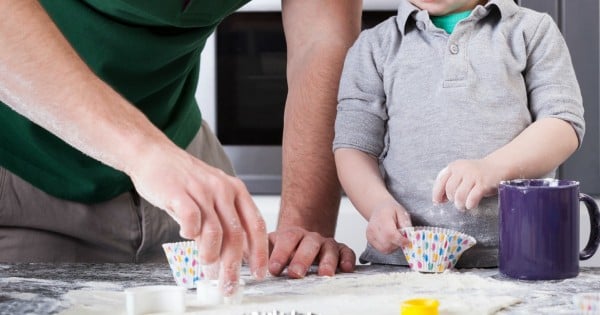
It’s 4pm Friday afternoon, the phone in your pocket beeps…. you’re up to your ears in washing, kid number one is screeching at the top of his lungs and launching a high powered missile (aka ping pong ball) down the hallway, which springs off kid number two, who appears to be mashing large globs of fluorescent play dough into the freshly vacuumed carpet that’s sapped the last of your energy.
You inhale, deeply….pull out your phone, eyeball the message; it’s from your girlfriends, single girlfriends… “Fancy a champers or three tonight?” You quickly stuff the phone back in your pocket, as if that way, you can pretend you didn’t see it. “Yeh right!” you mutter under your breath. With two children, a husband away on business and a load of paper work to get through over the weekend, only in your wildest dreams could you entertain the idea of a Friday night out, alone.
Head north a few thousand kilometres and it’s quite a different story! Many expat mums in Asia, it seems, are living the dream.
Rewind to 2010, I’d just arrived in Hong Kong, newly unemployed and up the duff. The first words of advice seasoned expats showered me with – “You’ll need a helper, start looking now!”





Top Comments
Nannies are extremely common in the US too - everyone I know has one, some live-in, some 7am-7pm. The cost of living here is way cheaper than in Aus (obviously excluding NYC and DC), minimum wage is lower, childcare centers are pretty hit and miss, and maternity leave usually tops out at 12 weeks if you're lucky. When we have kids, we'll definitely get help, especially as we don't have any family over here to help us out. However, we won't be paying minimum wage, because paying someone $8 an hour is a shitty and evil thing to do to someone who's looking after your kids all day.
Gosh. There are not many members of my family who would whip up a batch of cupcakes while I am sleeping just because I mentioned I liked them in passing.